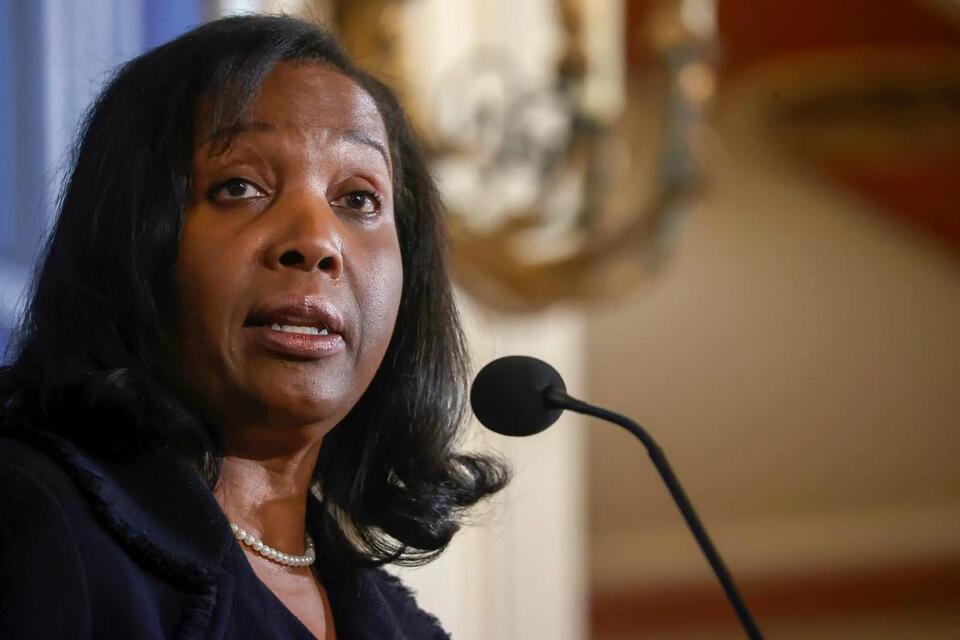The Supreme Court has declined President Donald Trump’s request to immediately remove Federal Reserve Governor Lisa Cook, leaving her in her post as the high court considers a consequential case on presidential power. Cook, the first Black woman to serve on the Fed’s board, will remain in office at least until oral arguments are held in January, with a decision expected by mid-2026.
Trump attempted to oust Cook in August, alleging she misrepresented details on mortgage applications before beginning her term in 2023. The president argued that such conduct constituted cause for dismissal under the Federal Reserve Act, which permits removal of governors only for misconduct. Cook has denied wrongdoing, and a review of mortgage and bank documents appeared to undermine the claims. She has not been charged with a crime.
Cook and her attorneys say the allegations are a pretext to fire her over policy disagreements. They point to Trump’s repeated frustration with the central bank for declining to cut interest rates as quickly as he wanted. “The President purported to remove Governor Cook only after repeatedly criticizing her and her colleagues for failing to make monetary-policy choices that would prioritize short-term growth over long-term stability,” her lawyers told the Supreme Court.
The dispute highlights a broader legal battle over the independence of regulatory agencies. Earlier this year, the Supreme Court ruled that Trump could remove members of labor-related boards without cause. But in that same opinion, the justices distinguished the Federal Reserve, calling it a “uniquely structured, quasi-private entity.” That language suggests the court may view the Fed as insulated from the same removal powers applied to other agencies.
Trump’s legal team, supported by the Department of Justice, has argued that the courts have little authority to second-guess a president’s justification. Solicitor General John Sauer told the court that any reason other than an explicit policy disagreement should be sufficient and not reviewable by judges. Cook’s attorneys counter that she was entitled to formal notice and a hearing before being removed, saying, “There must be some meaningful check on the President’s ability to remove Governor Cook.”
The stakes extend far beyond one individual. The Federal Reserve, established in 1913, is designed to operate independently of political influence when setting interest rates, which in turn shape the pace of economic growth. Interference with that structure, Cook’s team argues, could send “shock waves in the financial markets that could not easily be undone.”
Following the court’s October 1 order, both sides expressed confidence. White House Press Secretary Karoline Leavitt said Trump acted “well within the president’s legal authority” and anticipated success in January. Cook’s lawyers, Abbe Lowell and Norm Eisen, welcomed the decision, calling it “rightly” in favor of maintaining her role until a full hearing is conducted.
The Supreme Court’s ruling, expected by June, will not only decide Cook’s future but could also redefine the limits of presidential authority over independent agencies.
